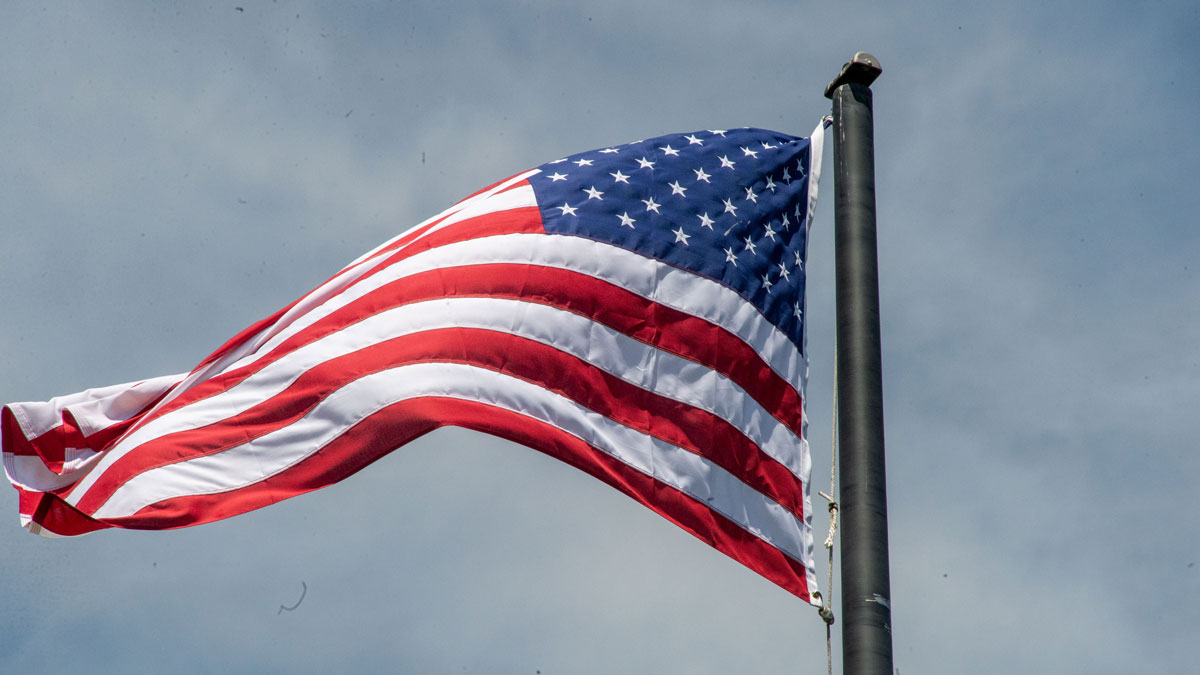
January 11, 2024
SIU political experts: GOP Iowa caucus, N.H. primary is a battle for second
CARBONDALE, Ill. — Just days before voters begin casting ballots, political experts at Southern Illinois University Carbondale believe the focus of the Iowa caucus and the New Hampshire Republican primary is on who finishes second – and has a chance to earn the party’s nomination.
John Shaw, director, and John Jackson, visiting professor, at the Paul Simon Public Policy Institute, say former president Donald Trump has a commanding lead in both states and nationally. Jackson noted, however, that the Iowa caucus does not have a good record for predicting the Republican Party’s eventual nominee — pointing to Texas Sen. Ted Cruz’s 2016 win and former Arkansas Gov. Mike Huckabee’s victory in 2008.
Shaw and Jackson see the battle for second in both states is between Florida Gov. Ron DeSantis and former U.N. Ambassador and South Carolina Gov. Nikki Haley. The Iowa caucus is Monday, Jan. 15, and the New Hampshire Republican primary is Jan. 23.
“Iowa may be the last opportunity for DeSantis, since Haley is now expected to come in second in New Hampshire,” Jackson said. “Neither is very likely to overcome Trump’s dominating advantages among Republican voters.”
While Trump’s lead nationwide appears strong, “stronger-than-expected support in Iowa and New Hampshire by Haley or DeSantis could at least complicate the prevailing narrative that Trump is the inevitable Republican challenger to President Joe Biden,” Shaw said.
Media availability
John Jackson, Paul Simon Public Policy Institute visiting professor, has more than four decades of political expertise and research in presidential politics, campaigns and elections. He can be reached at 618-303-1240 or jsjacson@siu.edu.
John Shaw, director, Paul Simon Public Policy Institute, spent 26 years in Washington, D.C., covering Congress and economic issues for Market News International before his arrival at SIU Carbondale in 2018. He has been a guest on the PBS NewsHour and C-SPAN. He can be reached at 618-453-4009 or .
The need for early momentum
While Republican primaries extend for about six months into June, nearly three-quarters of all the delegates will be decided by the end of March, Shaw said.
“If Trump is to be seriously challenged, Haley or DeSantis must strike early, wound Trump in Iowa and New Hampshire, and build significant momentum before Super Tuesday on March 5, in which 15 states and one territory will select more than one-third of the delegates to the Republican National Convention,” he said.
The Illinois primary election for both Republican and Democratic candidates is March 19. The Republican National Convention is in Milwaukee, July 15-18.
Democratic primary is an opportunity for Biden
Biden is seeking re-election and “there is no effective alternative to President Biden for the Democrats, which is almost always the case with an incumbent president running for a second term,” Jackson said.
Shaw said for Biden, the primary season’s “central challenge is to energize a Democratic base that likes him, believes he has been a successful president but is not convinced that he should be running for re-election in 2024.”
South Carolina will hold the first Democratic primary on Feb. 3. The Democratic National Convention is Aug. 19-22 in Chicago.
